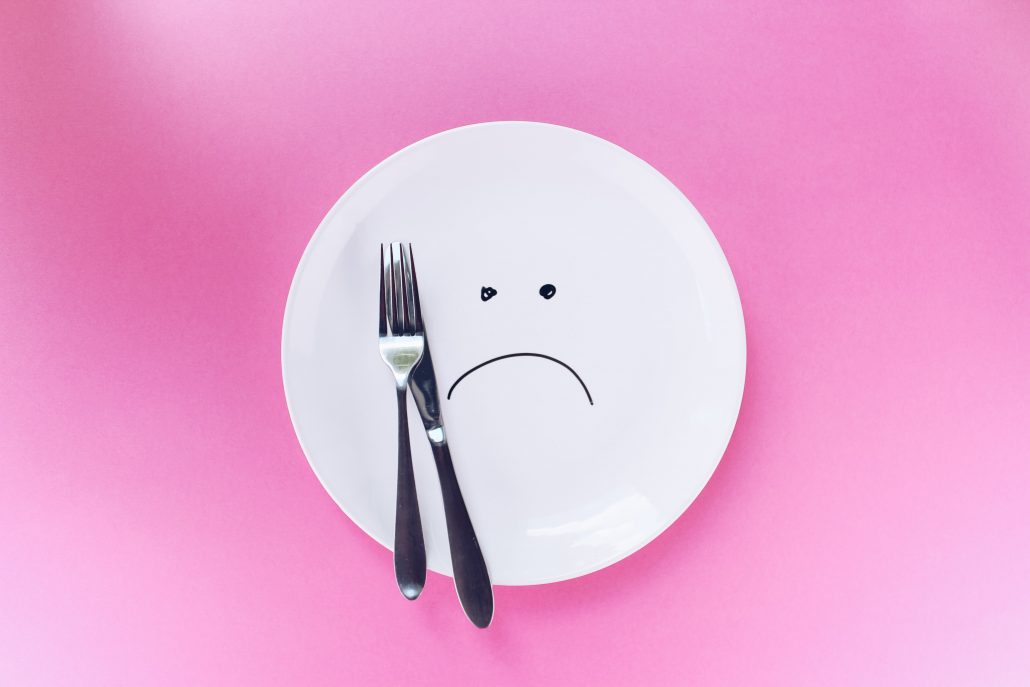5 Easy Ways Students Can Make Their Diet Better; A nutritious diet and other lifestyle choices, such as taking an organic health supplement, are essential for maintaining good health and lowering the risk of contracting certain diseases. What you eat has a significant impact on how you feel, look, and overall well-being. Consequently, it’s important to pay attention to what you put into your body through your lips.

HAVE YOU USED OUR JAMB TOOL YET? IT PROVIDES YOUR JAMB COMBINATION FOR FREE
How can I enhance my nutrition, you might wonder?
You probably already know that you should consume a lot of fruits and vegetables, but you might be looking for other ways to improve your health.
A healthy diet can be achieved in a number of ways. Making significant adjustments doesn’t always have to be difficult to accept. Instead of trying to implement too many things at once, start with minor adjustments.
Five easy ways students can make their diet better are provided in this article. While some of these suggestions can motivate you to keep proper eating portions, others will motivate you to experiment. Overall, the goal is to make sure that your diet is wholesome and long-lasting.
Eat slowly
A lot of students eat hastily and carelessly, which leaves them open to weight gain and other health issues. A more sensible strategy could be to consume your food slowly, as it has several benefits.
According to studies, those who eat quickly gain more weight than people who eat slowly. Fast eaters’ weight gain can in part be a result of their eating habits.
Slow eating encourages you to eat less, which prevents weight gain because hormones control your appetite. The hormones that make you feel full are released after you eat.
These hormones convey to your brain that you have consumed food by making you feel full and assisting you in putting an end to your eating behavior. Reducing your eating rate offers your brain ample time to receive these signals since the complete process takes roughly 20 minutes.
Slow eating promotes chewing in-depth.
Because eating slowly requires you to chew your meal thoroughly before swallowing, slow eating can help you reduce the number of calories you consume.
Among the additional ways slow eating can enhance your health and quality of life are:
improving digestion and giving you a sense of control
enabling you to enjoy the food you are consuming.
avoidance of bloating
Guidelines for eating slowly
A few tried-and-true methods can help you develop a slower eating routine that will last longer if you use them consistently. To name a few:
Consume foods that make you chew them thoroughly, such as fibrous foods like fruits and vegetables.
Deep breathing can also be beneficial. Take a deep breath to help you refocus if you find that you are eating too quickly.
Make sure to drink a lot of water along with your meals. If you must drink something, stay away from calorie-dense drinks.
When you are incredibly hungry, it is challenging to manage your eating rate. So, avoid delaying eating until you’re hungry. Having wholesome snacks on hand can help you avoid feeling extremely hungry.
Between bits of food, you can set your fork or spoon down. This can encourage you to savor each bite and eat more leisurely.
Keep in mind that all of these demand patience because changes take time.
2. Consume a ton of protein
Adding more protein to your student diet might support your efforts to live a healthier lifestyle. Protein is essential for health. It is typically necessary for the development and upkeep of bodily tissues.
You must make sure that your body receives the proper amount of protein for it to function because your body needs protein for daily activities.
You can lose weight by including a source of protein in your diet since it makes you feel fuller for longer, lessens your cravings, and keeps you from overeating.
Reduced blood pressure, susceptibility to various infections and illnesses, and delayed wound healing are a few difficulties your body system may encounter as a result of inadequate protein intake.
Your daily protein requirements can be readily satisfied by eating a range of protein-rich foods, such as eggs, peanuts, beans, meat, fish, Greek yogurt, lentils, milk, and other dairy products.
3. Consume more fruit
Your body can get a variety of vital vitamins and minerals from fruits. When you start and keep including more fruits in your diet, your health will improve. You notice that not many individuals eat enough fruits despite the fact that many are aware of the health benefits of eating fruits.
Fruits have high fiber content and no cholesterol. Both constipation and digestion are aided by fiber content. According to research, eating and maintaining a diet rich in fruit helps lower cholesterol and guard against diabetes, cancer, and heart disease.
Natural sugars found in fruits are slowly absorbed by the body and do not raise blood sugar levels. Fruit juices are an exception because many of them are produced with sugar and fruit concentrates rather than actual fruit. Even fruit liquids prepared from genuine fruits don’t give the same “chewing resistance” that whole fruits do, which encourages overconsumption and elevated blood sugar levels. You are therefore encouraged to consume your fruits rather than drink them.
4. Prepare More Meals at Home
Making your own food at home lowers your risk of obesity and helps to enhance the quality of your diet. Because you know exactly what’s in your food when you cook, you don’t have to worry about unidentified or high-calorie ingredients.
Try to cut back on the number of times you eat out as much as you can. Make a conscious decision to make more of your meals at home since this will support your effort to live a healthy lifestyle.
5. Drink Lots Of Water
Your health depends on you consuming enough water each day.
The following are a few health advantages of getting enough water:
It promotes digestion.
It nourishes your joints.
It controls the temperature of your body.
It delivers food and oxygen to the cells.
Since much of the extra calories and fats we struggle with originate from the beverages and sugary drinks we consume, drinking more water instead of sugary drinks can also help you lose weight.
Your calorie and sugar intake may be significantly decreased by substituting water for other beverages. Additionally, studies have shown that consuming water prior to meals will decrease hunger and cause you to eat fewer calories.
Conclusion
You might try to make small modifications to your diet each day rather than having to entirely overhaul it all at once. These minor adjustments will eventually have an effect on your entire diet, assisting you in achieving and maintaining a better lifestyle.








